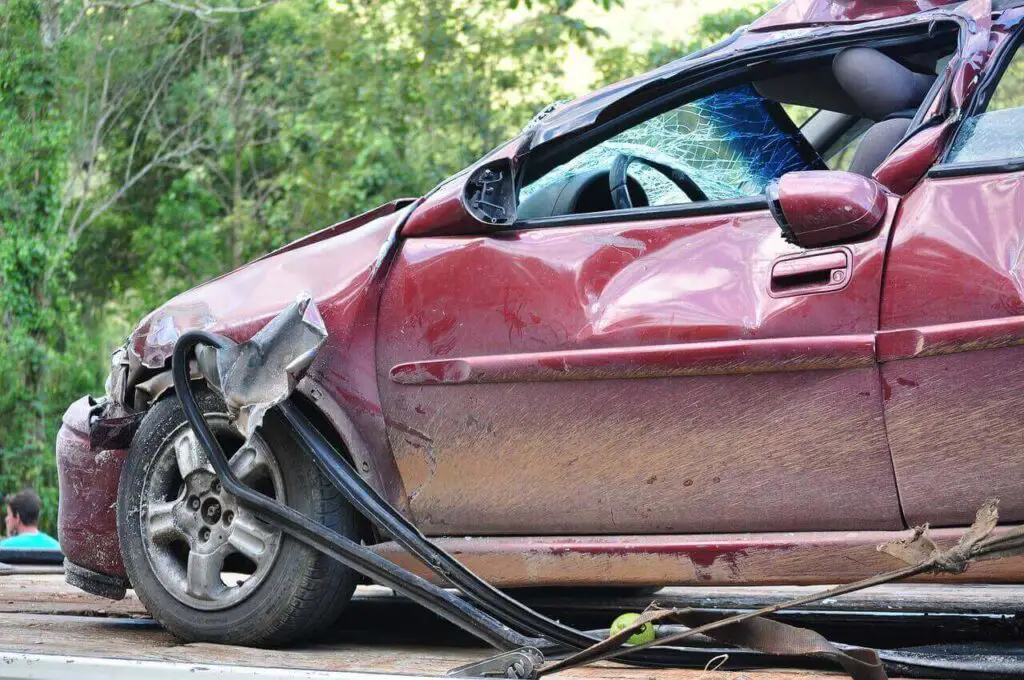Accidents can occur in an instant, leaving physical destruction and emotional scars that last far longer than the event itself. While the immediate aftermath often focuses on physical injuries and logistics, the psychological impact of accidents can be profound and far-reaching. Understanding the emotional toll of accidents is essential for supporting survivors and fostering healing.

The Immediate Shock
In the wake of an accident, the initial response is often one of shock. Survivors and witnesses may experience a whirlwind of emotions, including disbelief, confusion, and anxiety. This acute stress reaction is a natural response to trauma, as the brain struggles to process what has just occurred.
For many, this phase is characterized by a sense of detachment or numbness, making it difficult to grasp the severity of the situation. During this time, it’s essential to ensure that individuals receive immediate support and care, as these early moments can shape the trajectory of their emotional recovery.
The Unfolding Grief
As the shock begins to wear off, more complex emotions often surface. Survivors may grapple with grief, especially if the accident resulted in the loss of a loved one. Feelings of sadness, anger, and guilt can intertwine, creating a heavy emotional burden. Survivors may question their actions or decisions leading up to the accident, leading to an increased sense of guilt.
The psychological impact can also be compounded by the reactions of friends and family. Loved ones may feel helpless or uncertain about how to provide support, and their own emotional responses can further affect the survivor’s healing process.
Anxiety and PTSD
For many accident survivors, the emotional toll doesn’t end with grief. Anxiety is a common response, often manifesting as hyper-vigilance or an overwhelming fear of being in similar situations. Individuals may develop a heightened sensitivity to sounds, sights, or smells associated with the accident, leading to panic attacks or avoidance behaviors.
In more severe cases, survivors may experience Post-Traumatic Stress Disorder (PTSD). Symptoms of PTSD include intrusive thoughts, flashbacks, nightmares, and severe emotional distress. The road to recovery from PTSD can be long and complex, often requiring professional intervention and support.
The Impact on Daily Life
The emotional aftermath of an accident can disrupt various aspects of life. Survivors may find it challenging to return to their daily routines, whether it’s going back to work, driving, or engaging in social activities. The anxiety associated with these situations can lead to isolation and withdrawal, exacerbating feelings of loneliness and despair.
Moreover, the strain on relationships can be significant. Friends and family may struggle to understand the survivor’s emotional state, leading to feelings of frustration or helplessness. Open communication is crucial in navigating these challenges and fostering supportive environments.
Pathways to Healing
Healing from the emotional toll of an accident is a deeply personal journey, but there are several strategies that can aid in recovery:
- Professional Support: Engaging with mental health professionals can provide essential tools for coping. Therapy—whether individual, group, or family—can help survivors process their emotions and develop healthy coping mechanisms.
- Peer Support: Connecting with others who have experienced similar trauma can foster a sense of belonging and understanding. Support groups offer a space for sharing experiences and learning from one another.
- Mindfulness and Self-Care: Practices such as mindfulness, meditation, and yoga can help reduce anxiety and promote emotional well-being. Prioritizing self-care through physical activity, nutrition, and hobbies is also vital for recovery.
- Open Communication: Encouraging honest conversations about feelings and experiences with friends and family can help bridge the gap in understanding. Supportive relationships are essential in the healing process.
- Gradual Exposure: Slowly reintroducing oneself to situations that evoke anxiety can help rebuild confidence. Whether it’s driving again or attending social events, taking small steps can facilitate the return to normalcy.
Conclusion
The emotional toll of accidents extends far beyond the physical injuries sustained. Survivors often face a complex array of feelings, including shock, grief, anxiety, and PTSD. Acknowledging and addressing these emotional impacts is essential for recovery. By fostering supportive environments, promoting open communication, and providing access to mental health resources, we can help survivors navigate their journeys toward healing. Ultimately, understanding the emotional aftermath of accidents can transform tragic events into opportunities for growth and resilience, allowing individuals to reclaim their lives and thrive in the face of adversity.
